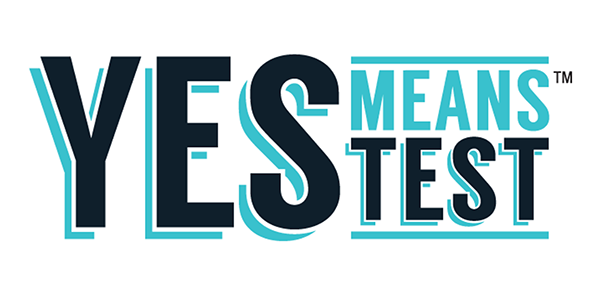
FIND FREE, FAST, AND CONFIDENTIAL
TESTING NEAR YOU
Half of the people reading this will get an STI by age 25
Only YES means YES. When or with whom—it’s up to us. And for those of us who are sexually active, 1 in 2 will get an STI by the time we’re 25. Statistically, that’s you or one of your friends. It’s more common than you’d think.
Getting an STI can happen to anyone. It’s normal. So why are we still uncomfortable talking about it? Especially when you can do something—like getting tested and treated.
Yes or no, sex is our choice. But, the facts are clear. YES to sex? #YESmeansTEST
Testing for STIs is NBD
![]()
YES, testing is easier than you’d think. And because many STIs don’t have symptoms, it’s the only way to know for sure.

QUICK & PAINLESS
It’s usually just a quick swab or pee in a cup.

FREE OR CHEAP
Most insurance covers STI testing. There are also lots of free clinics—just check our locator.

CONFIDENTIAL
If you want to keep it to yourself, you can. No one needs to know.

THERE’S NO WAY TO FAIL
Testing positive for an STI is just the first step toward treating it. And with common STIs, like chlamydia or gonorrhea, antibiotics can usually do the job.

BETTER NOW THAN LATER
The real problem is when STIs go undiagnosed. Take chlamydia—it can lead to a serious condition called pelvic inflammatory disease that can cause infertility when left untreated.

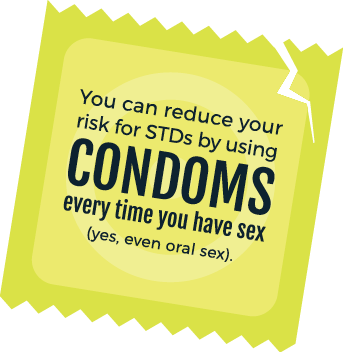
Why Get Tested?
![]()
You can pick one up no matter how you’re hooking up. Yup, vaginal, oral or anal sex — even genital skin-to-skin contact can spread STIs. Getting tested is a part of staying healthy. Saying #YESmeansTEST gives you the power to change these stats.
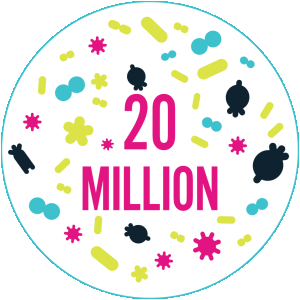
Americans get around
20 million STIs every year…
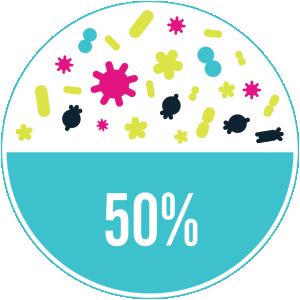
…and young people make up 1/2 those cases.
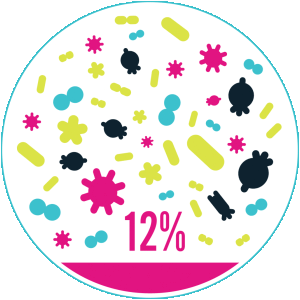
Still, fewer than 12% of young people said they were tested for STIs in the past year!
Trending STIs

Chlamydia
(aka the Silent STI)
The most commonly reported STI in the U.S., with 15–24-year-olds making up almost 2/3 of all cases. And because it rarely has symptoms, people often spread it before realizing they have it.

Gonorrhea
(aka the Clap)
Bad news: Cases of gonorrhea have increased 75.2% since its historic low in 2009. Good news: If caught early, it can usually be cured with a single dose of antibiotics, earning it a new nickname – ‘The Dose.’

Chlamydia
(aka the Silent STI)
The most commonly reported STD in the U.S., with 15–24-year-olds making up almost 2/3 of all cases. And because it rarely has symptoms, people often spread it before realizing they have it.

Gonorrhea
(aka the Clap)
Bad news: Cases of gonorrhea have increased 75.2% since its historic low in 2009. Good news: If caught early, it can usually be cured with a single dose of antibiotics, earning it a new nickname – ‘The Dose.’
TO LEARN MORE ABOUT STIs, VISIT ASHA’S WEBSITE
Test Talk Goals
![]()
Many people assume STI screening is part of a regular check-up. While some clinicians may test for it, others may not unless you ask. So ask! And be honest about your sex life. Don’t worry, clinicians have heard it all before. Sure, having the test talk can be little #awk but isn’t your sexual health worth it?

Let’s talk about sex convo starters
- “I’d like to be tested regularly for peace of mind.”
- “I’ve started seeing someone new and want to make sure we both get tested to start fresh together.”
- “I’m worried someone I had sex with might have exposed me to something.”

Name that test and be specific
- Ask about specific STIs you want to get tested for. Some common ones are chlamydia and gonorrhea. Your clinician can help you understand what tests are right for you.
- To give you a guideline, the CDC recommends that sexually active women under age 25 get tested for chlamydia and gonorrhea at a minimum of once a year.

Let’s talk about sex convo starters
- “I’d like to be tested regularly for peace of mind.”
- “I’ve started seeing someone new and want to make sure we both get tested to start fresh together.”
- “I’m worried someone I had sex with might have exposed me to something.”

Name that test and be specific
- Ask about specific STIs you want to get tested for. Some common ones are chlamydia and gonorrhea. Your clinician can help you understand what tests are right for you.
- To give you a guideline, the CDC recommends that sexually active women under age 25 get tested for chlamydia and gonorrhea at a minimum of once a year.

Your results, your way
- Ask to get your results any way you’d like – phone, text, email. They can be kept confidential and sent only to you.
- While you’re already talking to your clinician about sex, you might also want to ask about birth control options or vaccines.

- Most clinicians will screen for STIs, but if yours won’t, find one here. If you’re in college, most campus health centers should be able to test you too.

Your results, your way
- Ask to get your results any way you’d like – phone, text, email. They can be kept confidential and sent only to you.
- While you’re already talking to your clinician about sex, you might also want to ask about birth control options or vaccines.

- Most clinicians will screen for STIs, but if yours won’t, find one here. If you’re in college, most campus health centers should be able to test you too.
Say YES to TEST every year and with every new partner
Get ready to Say YES to TEST!
![]()
A happy and healthy sex life—with whomever, however you want—starts by saying #YESmeansTEST. Testing is easy and can be free, fast and confidential. Break the silence, spread the facts and find a clinic or have a chat with your clinician now.
For more information, visit the American Sexual Health Association.

